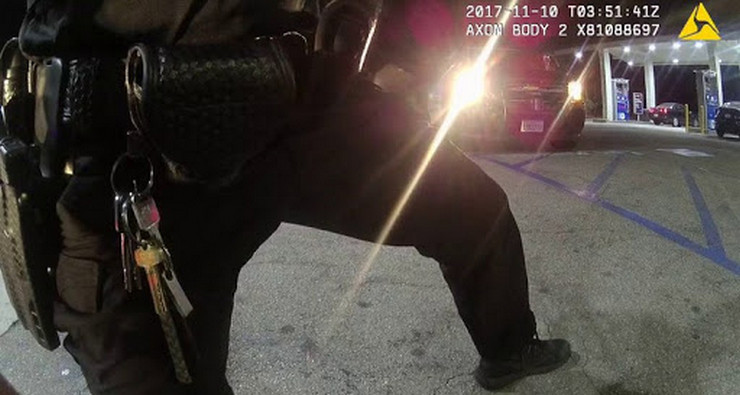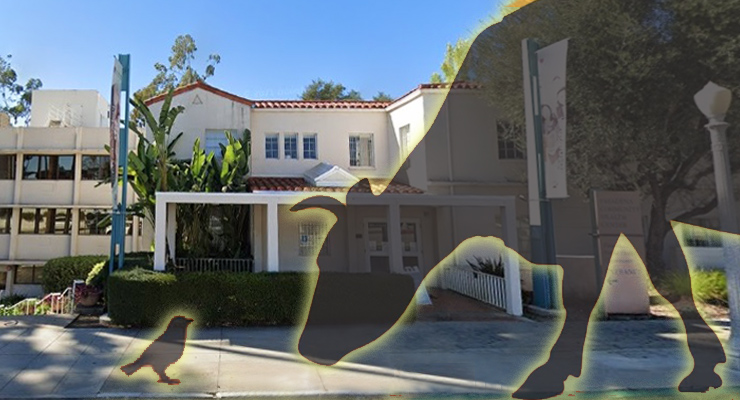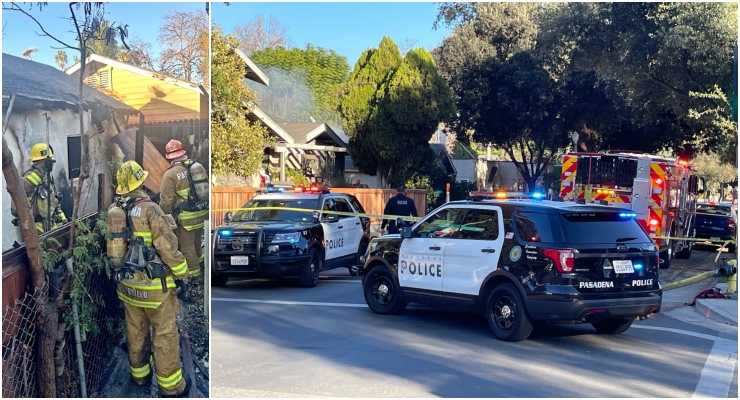
Pasadena’s recently approved Community Police Oversight Commission took one more step forward Monday on a long and winding road toward becoming reality.
That step came when the City Council unanimously approved the first reading of a proposed ordinance that would amend various provisions of the Municipal Code, to clear the way for the 11-member civilian oversight panel that was established last month.
The panel would work in conjunction with an independent police auditor who will be hired by the city attorney. Both the commission and the auditor would have limited subpoena powers.
Following almost two hours of discussion Monday, the council unanimously signed off on the ordinance’s first reading, after incorporating several changes to the original draft that was crafted by the city attorney’s office.
A second reading is expected to be agendized for a future council meeting, perhaps as early as Oct. 5.
But even then, the process would still not be complete, as the council would subsequently need to pass a resolution solidifying other details, such as how members will be selected and what transparencies will be built into their vetting.
“We have a lot of things to flesh out,” said Council Member Margaret McAustin. “This is more of a skeleton, and let’s put the meat on the bones (at a later date).’’
Said Mayor Terry Tornek: “We’ll need another discussion or two at [the council’s] Public Safety [Committee,]” to nail down such specifics.
Still, those were the goals going into Monday’s council meeting – advancing the ball, not getting it across the goal line just yet. There are just too many moving parts.
“The ordinance provides for the City Council to establish the process for appointment to the commission by resolution at a future date,’’ according to a report from City Attorney Michele Beal Bagneris.
Monday’s goings-on followed the council’s decision on Aug. 24 to establish the commission/oversight agenized model. Past efforts for civilian oversight in Pasadena had failed, but this time the issue gained traction following the police-involved deaths of George Floyd in Minneapolis and Breonna Taylor in Louisville, Ky., and then the Aug. 15 shooting death of Anthony McClain by Pasadena police.
At that Aug. 24 meeting, it was determined to appoint an 11-member commission and hire the auditor. Per that plan, council members from the city’s seven districts will each nominate a commissioner, and the mayor will nominate another. In addition, three at-large commissioners will be nominated.
Originally those at-large nominees were to be drawn from local non-profits – but one tweak that was incorporated Monday was to widen that description to “community-based” organizations that don’t necessarily carry official “non-profit” status.
Also, nominees chosen by each of the city’s seven council members originally would have had to reside in that member’s district — but Monday the council changed that to only require city residency. So, the council member from District 1, say, could nominate a resident from District 4.
According to the proposed ordinance, another goal would be that at least 50 percent of the commission’s appointees be women.
In addition, practicing attorneys would not be able to serve if they or their firm or entity currently have pending criminal or civil cases involving Pasadena police officers. Originally, the word “currently” was not included in the restriction. That was another of the changes incorporated Monday.
There was also discussion about whether current or former police officers would be eligible to serve on the commission, a debate that will be revisited.
“We also note, though not proposed in the ordinance, that some other cities’ police review boards have commissioner requirements that include (a) requiring background checks of proposed commissioners; (b) prohibiting current or former law enforcement officers from serving; (c) conversely, encouraging current or former law enforcement officers to apply,’’ a report by City Attorney Michele Beal Bagneris says.
Council Member Victor Gordo said it would be “a mistake” to automatically exclude law-enforcement professionals from possibly sitting on the commission because the “real-world experience that they could provide could be a real help to the commission.”
“I welcome all vantage points, including those who may have worked law enforcement,” he said. “I would err on the side of casting the net broadly.”
Council Member Margaret McAustin, meanwhile, said, “I lean more in favor of the average citizen who is not a police officer,’’ though she said she would not necessarily exclude officers from going through the vetting process, just like any other nominee.
“I would personally not want to appoint a police officer or former police officer,’’ she said.
But Vice Mayor Tyron Hampton said appointing current or former law-enforcement officials would defeat the purpose of the oversight panel. “There will be no trust,” he said. “I don’t think it would be appropriate.”
In addition, as per the original ordinance draft, commissioners’ terms would be for three years, and staggered.
“The initial members shall be appointed to terms of one, two, and three years, respectively,’’ the proposed ordinance says. “Four members shall be appointed to serve a three-year term; four members shall be appointed to a two-year term; and the remaining members shall be appointed to a one-year term. Thereafter, all members shall serve a term of three years.
“Members shall serve no more than two consecutive terms,’’ the ordinance goes on to say. “A term of less than one year shall not be considered a full term. Terms expire on June 30th of the applicable years. A member shall continue in office for the term for which he/she was appointed or until his/her successor is appointed. No member who has served two consecutive terms shall be eligible for reappointment to the commission prior to the passage of a two-year interval.’’
Meanwhile, the independent auditor, according to Bagneris’ report, would have a range of responsibilities, including the power to review use of force and bias complaints.
“(The auditor),’’ Bagneris’ report says, “would (a) review all categorical uses of force by Police Department personnel to assess whether the investigation into the use of force was complete, thorough, objective, and fair; (b) review investigations of personnel complaints of bias-based policing; and (c) issue public reports and give public presentations to the commission regarding Police Department operations, to the extent allowed by law.’’
However, the auditor “may not play a role in personnel matters … due to (City) Charter limitations that establish Pasadena’s Council-Manager form of government.
“Finally, the ordinance allows for the commission and the independent police auditor to have certain subpoena authority to carry out their functions, where necessary,’’ the report adds.
Particulars of the subpoena process were discussed at great length and in greater nuance Monday, and those could also be revisited when the council eventually crafts its resolution regarding the selection process and other fine-print details.
But that would come two steps further down the long and winding road.














 0 comments
0 comments




